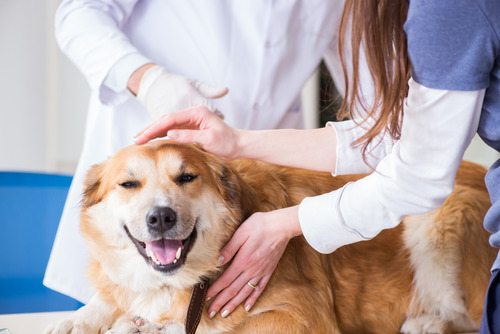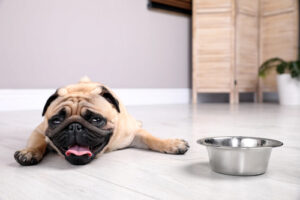Labored breathing in dogs, medically referred to as dyspnea, is a condition where a dog struggles to breathe normally. This can manifest as rapid breathing, excessive panting, or difficulty catching their breath. It’s important for pet owners to recognize the signs of labored breathing, as it can be a symptom of underlying health issues, ranging from congestive heart failure to respiratory infections. At Shawsheen Animal Hospital in Tewksbury, MA, we stress the importance of monitoring your dog’s breathing patterns and seeking veterinary care if you notice any abnormalities.
Common Causes of Labored Breathing
Respiratory System Disorders
Respiratory issues are among the primary causes of labored breathing in dogs. Conditions like brachycephalic airway syndrome in flat-faced breeds, pneumonia, or a collapsed trachea can severely affect your dog’s ability to breathe.
Cardiovascular Problems
Heart diseases, such as heartworm disease or heart failure, can lead to fluid accumulation around the lungs and reduced oxygen flow, making it difficult for your dog to breathe. Early diagnosis and management are vital to improving your dog’s quality of life.
Allergies and Environmental Factors
Allergens, such as pollen, dust, or smoke, can trigger allergic reactions or respiratory distress in some dogs. Keeping your home environment clean and consulting with your vet can help manage these environmental challenges.
Recognizing the Symptoms of Labored Breathing
Identifying labored breathing early can lead to quicker interventions and a better prognosis for your dog. Symptoms to watch for include:
- Excessive Panting or Coughing: While panting is normal after exercise or in hot weather, excessive panting or coughing—especially at rest—could be a sign of respiratory distress.
- Increased Respiratory Rate: Monitor how many breaths your dog takes per minute. A significant increase could indicate trouble and the need for a veterinary consultation.
- Abnormal Sounds: Wheezing, stridor, or other unusual sounds while breathing could suggest a blockage or other problems within the airways.
Diagnosing Labored Breathing
At Shawsheen Animal Hospital, we use a combination of clinical examination, imaging, and diagnostics to determine the cause of labored breathing. Our comprehensive approach ensures that we cover all possible underlying conditions.
Imaging Techniques
X-rays and ultrasounds can help visualize abnormalities in the heart, lungs, and airways that might be causing breathing difficulties.
Blood Tests
These can provide insights into the overall health of your dog and pinpoint issues like infections or inflammation that might be contributing to respiratory problems.
Treatment and Management
Immediate veterinary care is crucial. If you notice any signs of labored breathing in your dog, please call Shawsheen Animal Hospital at (978) 851-5558 or request an appointment online. Prompt action can significantly improve the outcome for your pet.
Ongoing Management
Depending on the diagnosis, treatment may include medications, lifestyle adjustments, and in some cases, surgery. Consistent follow-ups are essential to monitor your dog’s health and adjust treatments as needed.
How Shawsheen Animal Hospital Can Help
Labored breathing in dogs should never be overlooked. As pet owners, being attentive to your dog’s respiratory health and acting swiftly on signs of distress can save lives. At Shawsheen Animal Hospital, we are here to support you with top-quality care and advice. Remember, early detection and treatment are key to managing health issues effectively. If you have any concerns about your dog’s breathing, contact us. Together, we can ensure your dog leads a happy, healthy life.






